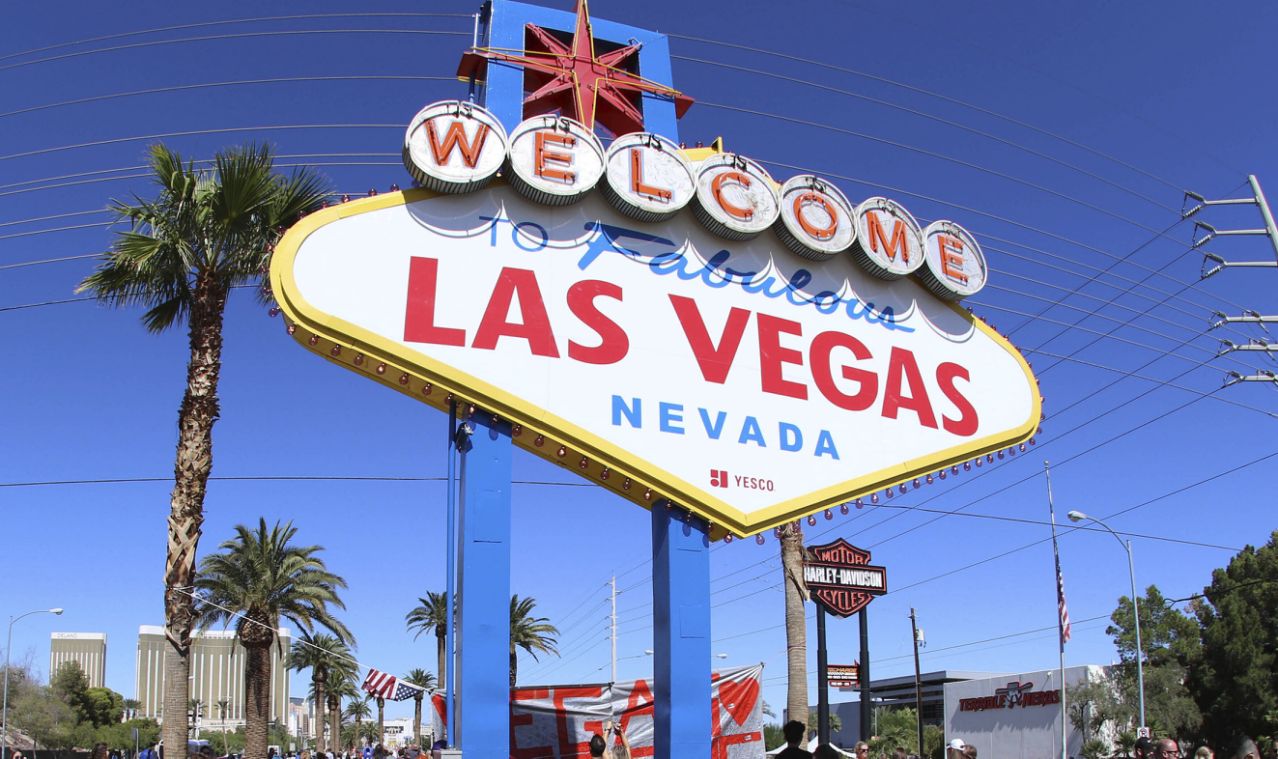Cannabis Growers Say They’re Overtaxed Under Nevada Formula

The FMV is currently $1,944 for a pound of cannabis flower
Nevada’s marijuana growers say they are being overtaxed and on the brink of going out of business, thanks to a tax formula that relies on the state’s calculation of the fair market value of a pound of cannabis, rather than its actual wholesale price. Competing proposals to tweak the calculation would each cost the state millions of dollars a year in tax revenue designated in part for education.
“Put simply, growers are selling a pound for $1,000 and paying taxes as if they sold it for $2,000,” Assemblywoman Shea Backus told her colleagues on the Assembly Revenue Committee Tuesday, as she presented the committee-sponsored bill.
The Department of Taxation publishes the Fair Market Value (FMV) of cannabis products twice a year, based on data that may be three months old at the time it’s released. Cannabis prices have plummeted rapidly in recent years, leaving the state to rely on stale data.
The FMV is currently $1,944 for a pound of cannabis flower. The actual wholesale price is half of that according to testimony from John Ackell of Zenway Corp, a cultivation facility in North Las Vegas.
“However, the ‘Fair Market Value’ price has not dropped a similar amount. As a result, our effective tax rate has averaged between 25% and 30%,” Acklell testified. “On some individual sales, the tax has been as high as 60%. With effective tax rates as high as this, it has not been possible to meet all our other obligations.”
Ackell says Zenway is behind on its taxes and has a payment plan with the state. He says basing the Wholesale Cannabis Tax on actual sales rather than an amount set by the state would give cultivators an effective tax rate of 15%.
Safi Boyajian, a former licensee of Flower One, a cultivation company that recently underwent bankruptcy proceedings in Canada, told the committee the company has paid approximately $30 million in wholesale marijuana taxes in Nevada since 2019.
“That represented 24% of our revenue. If the intent was to truly charge us 15% of our wholesale sales, that would have equated to about $18 million of taxes collected, meaning we technically overpaid by over $11 million dollars,” she said. “This amount would have been able to potentially save the company and prevent all of these people including myself from losing a very large amount of money.”
To Read The Rest Of Thisa Article On The Nevada Current, Click Here






